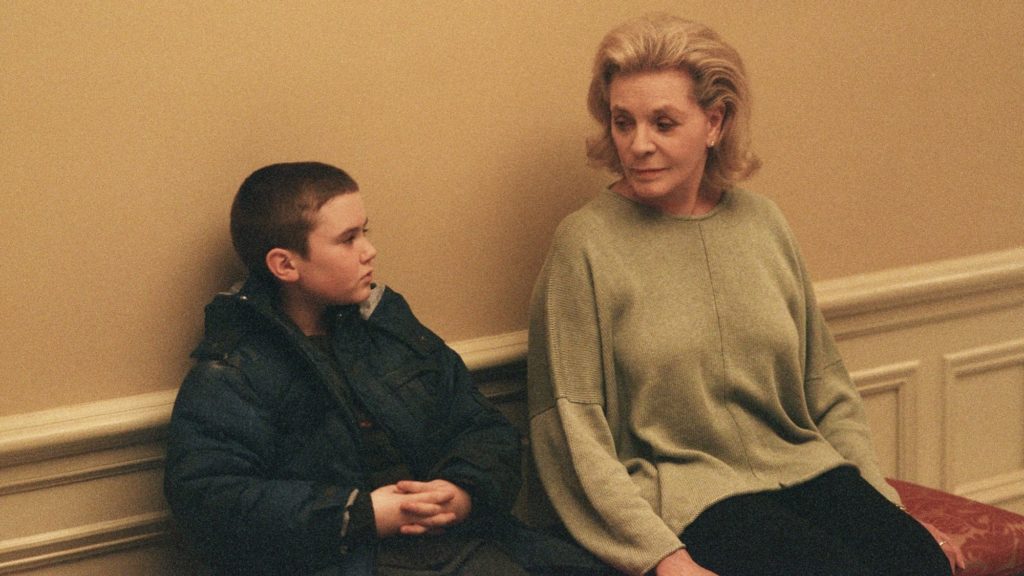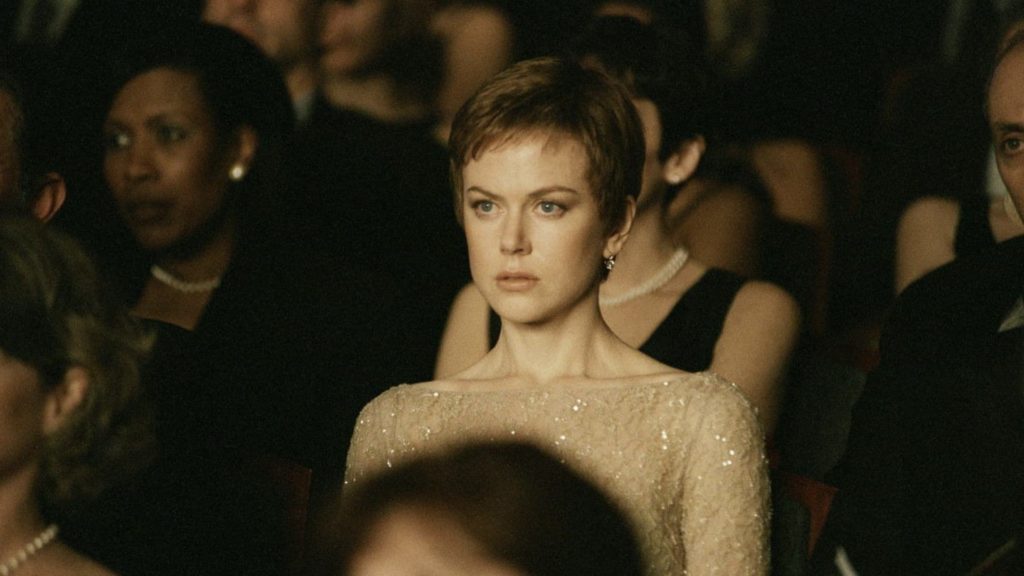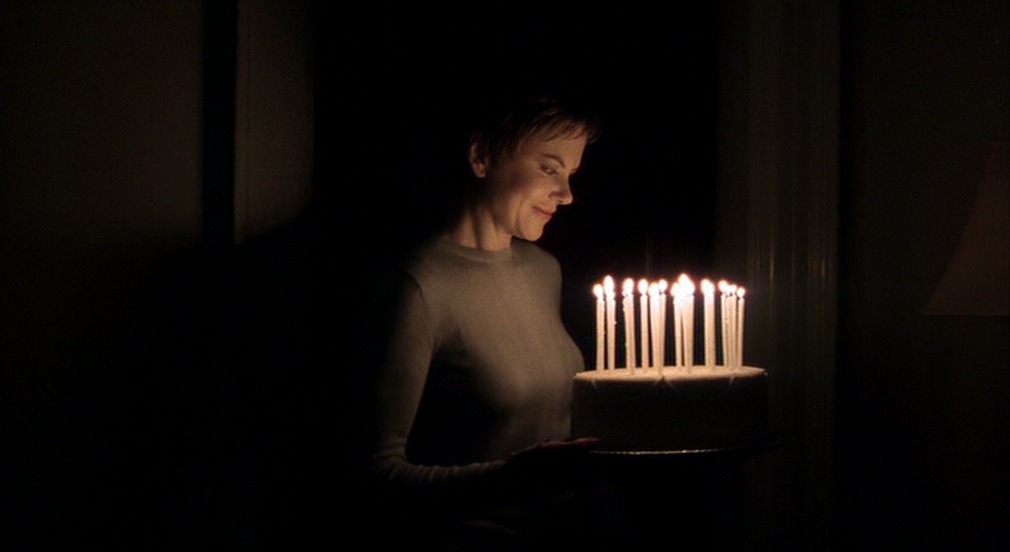Little big man
Birth presents us a patently silly premise with clear eyes: Ten years after Anna’s (Nicole Kidman) husband Sean (Michael Desautels) suddenly dies, she is finally moving on and preparing to remarry into a wealthy urban family. But then a ten year old boy (Cameron Bright) approaches her and insists that he is her late husband’s reincarnation. Anna and her friends and family respond as people really would in such a situation: annoyance and eye rolls at this childish prank at first. Then when he tries to back up his claims by sharing things only Sean would know, emotions start to run high, leading to anger and desperation and even hope.
What makes the telling of this story work miraculously well is an outstanding control of tone. Jonathan Glazer, his cast, and his crew imbue the film with such sincere intensity that the high concept loops back around to profound. It’s also, crucially, hilarious: The film never loses sight of the juxtaposition of a little mischievous kid at the center of high adult drama in upper-crust New York wealth.

Credit the film’s success to a few powerful creative forces: First and foremost is Glazer’s phenomenal direction, which is slightly eerie and dreamy, but deeply emotionally immersive. His knack for off-kilter framing, for letting takes run uncomfortably long in unusual blocking, makes the whole film feel slightly ghostly. He never puts too direct a theme on the film, tying the story to grief and innocence and motherhood and regret and more. Glazer’s deft touch and sense for balancing spirituality with realism even prevents the film from losing its mystique and momentum during some third act twists that would have deflated the story in lesser hands.
The film’s next most important architect is Kidman, who gives a world-class performance of someone haunted by specters. Her turn is marked by thoughtful stillness and nuanced facial expressions capturing deep pools of emotion. Perhaps the film’s central image comes near the middle of the film: a long take of Kidman’s face at the opera, the profundity of her scenario and the music overwhelming her, when she begins to believe her husband still walks the earth, her eyes seemingly staring through the veil of life and death for the first time ever. It is one of my favorite bits of acting I’ve seen in years.

And the third most important shaper of Birth is composer Alexandre Desplat, whose phenomenal score captures the bizarre mix of tones in the story in a singular soundscape: It both tinkles like a kid’s music box and thrums with darkness. It’s a truly great piece of film music that does so much to heightens the film’s mood and angst. Without that tension, Birth would collapse.
I’m not sure I can really consider it a masterpiece because the premise is just a little too small and ridiculous. But maybe I’m being short-sighted: small and ridiculous delivered with bravura make for some of the greatest stories ever told.
- Review Series: Jonathan Glazer
Is It Good?
Exceptionally Good (7/8)
Awards, Honors, & Rankings
Dan is the founder and head critic of The Goods. Follow Dan on Letterboxd. Join the Discord for updates and discussion.

